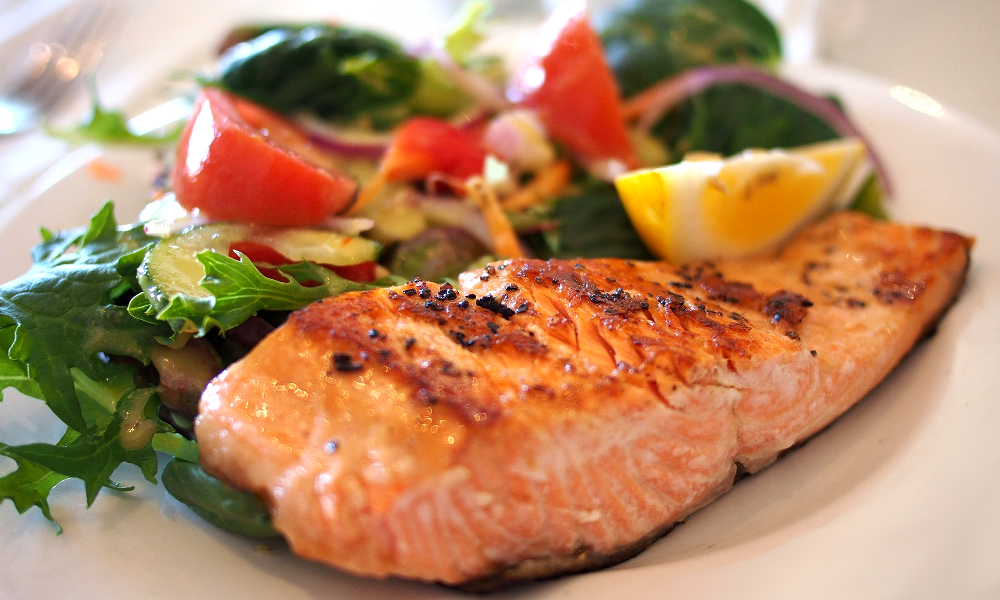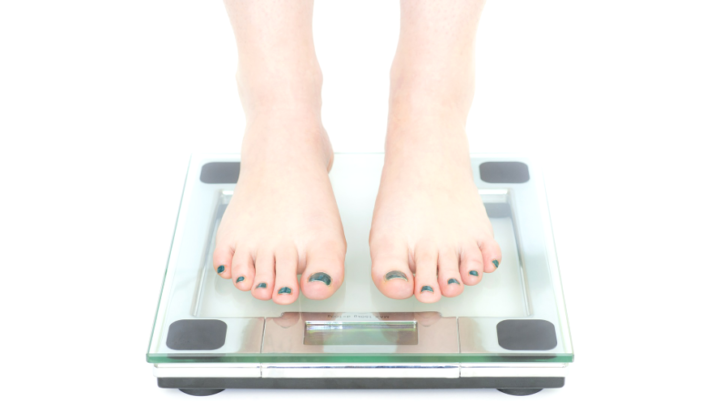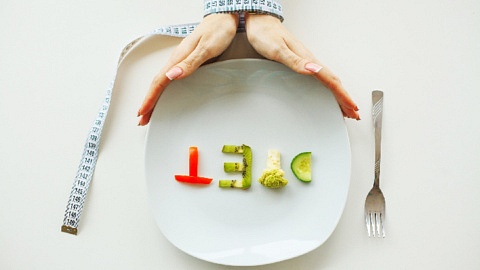Weight loss can often feel like an uphill battle. With a variety of fad diets, weight loss programs, intense work out routines and social media health hacks,...
If I Skip a Few Meals, Will I Lose Weight? 7 Weight Loss Nutrition Myths
Myth #1: Skipping Meals Means You’ll Lose More Weight
Fact: Research shows that people who skip breakfast and eat fewer times during the day end up being heavier than people who eat a healthy breakfast and eat 4-5 times a day…it may be because those who skip meals often feel hungrier later in the day and end up eating more overall. Spreading small meals through the day also helps control appetite.
Myth #2: Low-Fat and Fat-Free Means No Calories
Fact: Often times the low-fat or fat-free versions of a food may have more calories than the full-fat product. These replacement products usually have added sugar, flour, or starch thickeners to improve the flavour and texture after the fat has been removed, but often have a similar amount of calories.
Myth #3: Fad Diets Work for Permanent Weight Loss
Fact: Fad diets do not lead to permanent weight loss. What I have seen in the patients I treat are that they have been on so many fad diets in the past, and they still gain their weight back. Fad diets tend to provide short term weight loss, however they are low in nutrients and are not a sustainable way of eating. Instead of attempting to lose a lot of weight quickly, instead, it’s more realistic to make healthy changes to lead to losing 0.5 to two pounds per week: this may include moderating portion sizes and generally choosing healthier foods.
Myth #4: All Fats are Bad
Fact: Fats are important to allow nutrients to be absorbed (eg: calcium), and allow for our nerves to function…half of our brain is fat! If we eat too much fat, there can be weight gain, though some fats are healthier than others and may even assist weight loss. The healthiest fats are omega-3 fats including from fish and flaxseed, and vegetables; the unhealthiest fats are trans-fats from fried or overcooked foods. Nuts are also considered to be healthy fats, being high in mono-unsaturated fat. One to two ounces is a healthy amount to eat, and is best used as a replacement to foods that are high in saturated or trans-fats.

Myth #5: Brown Sugar is Better than White Sugar
Fact: Brown sugar is simply white sugar with a bit of molasses added. The nutrient differences are insignificant. However, consuming blackstrap molasses is another story. Blackstrap molasses, despite its acquired bittersweet taste, is an excellent source of minerals including manganese, copper, and iron, and is a very good source of potassium and magnesium – one or two teaspoons a day is a healthy amount to use.
Myth #6: Avoid Carbohydrates to Lose Weight
Fact: If you excessively cut out carbohydrates, your body will lose mostly water and muscle, and only a small amount of your fat-weight. Cutting out carbohydrates would deprive your body of essential nutrients from many fruits and vegetables, legumes and whole grains, which are healthy complex carbohydrates which also includes fiber. Cutting down on the refined and sugary carbohydrates is a healthier approach to reducing carbohydrates, and improving overall nutritional and hormonal health.
Myth #7: Energy and Sports Drinks Help you Lose Weight
Fact: Energy and sports drinks are heavily marketed and are quite popular. Sports drinks are meant for those who perform intense exercise who need extra carbohydrates and electrolytes to help keep their body hydrated – generally, sports drinks are beneficial for intense training sessions lasting at least one hour. Energy drinks are more of a fad. Energy drinks tend to contain a lot of caffeine and other nutrients or herbs that can increase energy in the short term; note that some are very high in sugar, containing up to 14 teaspoons of sugar in one bottle! Energy drinks are not meant to be hydrating and are too concentrated to be used during or after intense exercise and should not be used for that purpose. Neither of these drinks are specifically geared for weight loss. For most people who want to lose weight, the best is to substitute any juices or carbonated pops or energy drinks with plain water, diluted juice, or white tea.
Related Posts
Bell Lifestyle Products announced today the release of another new condition-based tea to their Ezee Tea™ line up. Ezee Slimming Tea™ is a great tasting...
The start of a new year provides the
opportunity for change and setting new goals. The most common resolutions made
on January 1st are losing weight, eating...
Bell Lifestyle Products announced today the release of another new condition-based tea to their Ezee Tea™ line up. Ezee Slimming Tea™ is a great tasting...
The start of a new year provides the opportunity for change and setting new goals. The most common resolutions made on January 1st are losing weight, eating...
Categories
- Allergy Relief
- Bell Lifestyle News
- Brain and Vision Health
- Depression
- Digestive Health
- Eating Healthy
- Energy Boosts
- Fitness
- Foods for Energy
- Heart and Lung Health
- Herbs
- Immune System Support
- Lifestyle
- Men's Health
- Mental
- Motivation
- Natural Remedies
- Nutrition
- Pain Relief
- Physical
- Recipes
- Relationships
- Sexual Health
- Skin and Hair Health
- Sleep Health
- Social
- Stress Relief
- Uncategorised
- Videos
- Weight Management
- Women's Health
- Your Wellness Now
Follow us on Twitter
#90 Bladder One for Women™ is a convenient one-a-day capsule for urinary tract health, featuring herbal extracts in… twitter.com/i/web/status/1…
May 2023Urinary tract infections - UTI: To treat or prevent? That is the question. Find out more about causes and treatme… twitter.com/i/web/status/1…
May 2023"How you feel is very important to how you look. Healthy equals beautiful." - Victoria Principal #womenshealth https://t.co/OPShoEbOXb
May 2023
© Copyright 2024. All rights reserved.




